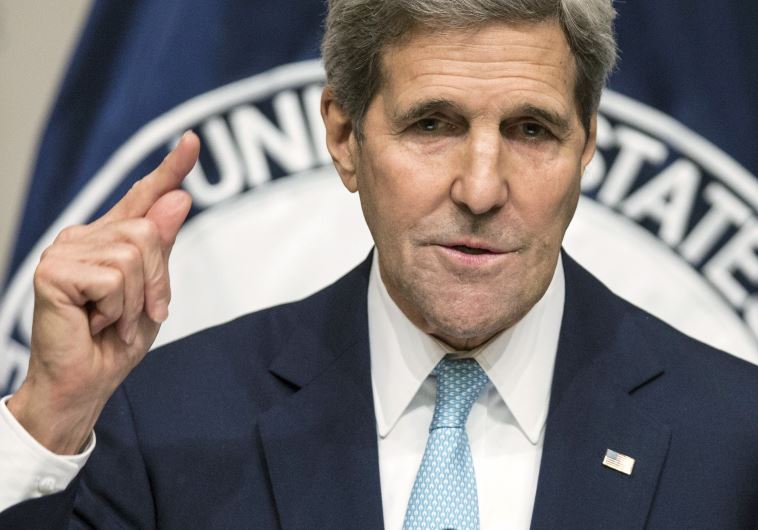France delays May Israeli-Palestinian parley to allow for US to attend
French President Francois Hollande announced the delay on the radio stating: “US Secretary of State John Kerry cannot come, so it has been delayed."
 US Secretary of State John Kerry.Updated:
US Secretary of State John Kerry.Updated: